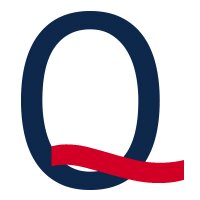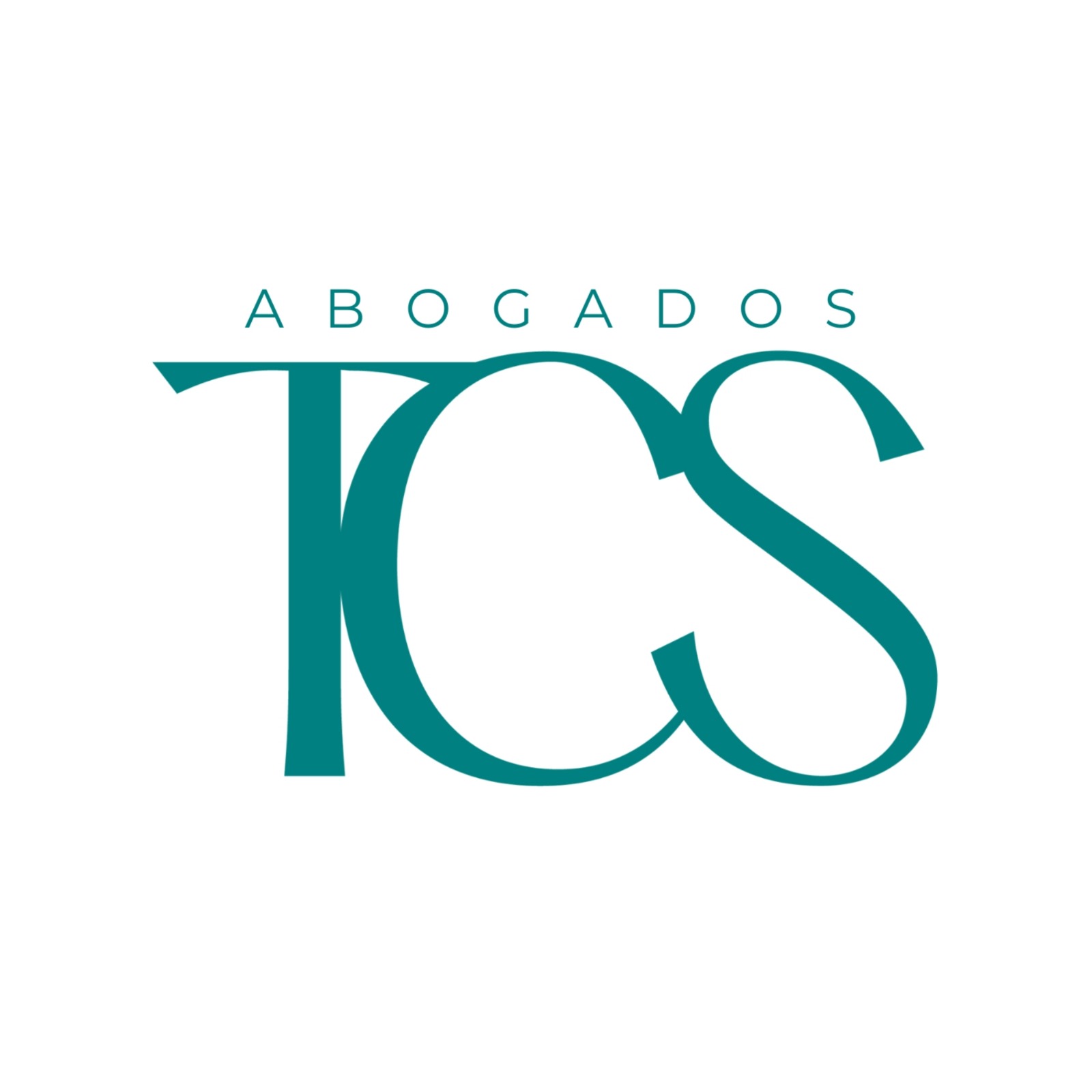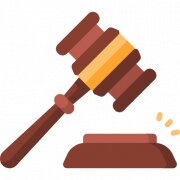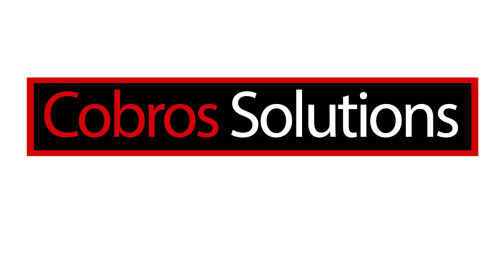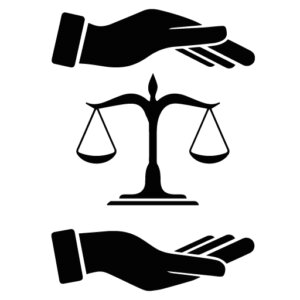Best Ethics and Professional Responsibility Lawyers in Dominican Republic
Share your needs with us, get contacted by law firms.
Free. Takes 2 min.
Or refine your search by selecting a city:
List of the best lawyers in Dominican Republic
About Ethics and Professional Responsibility Law in Dominican Republic
Ethics and Professional Responsibility laws in the Dominican Republic govern the standards of conduct for professionals and ensure that they act in an honest and ethical manner. These laws are crucial in maintaining integrity, competence, and impartiality in various professions. They provide a framework that helps in addressing issues like conflicts of interest, professional misconduct, and violations of professional duties. The Dominican Republic has specific guidelines and regulatory bodies dedicated to upholding these values to protect both professionals and the public they serve.
Why You May Need a Lawyer
There are several situations where individuals or organizations might need legal assistance in the field of Ethics and Professional Responsibility in the Dominican Republic:
- Facing allegations of professional misconduct or ethical violations.
- Seeking guidance to ensure compliance with ethical standards and laws in professional practices.
- Needing representation in professional disciplinary proceedings.
- Dealing with conflicts of interest or unethical behavior within an organization.
- Resolving disputes arising from breaches of professional duty.
- Ensuring proper interpretation and application of ethical codes of conduct.
Local Laws Overview
The Dominican Republic’s legal framework for Ethics and Professional Responsibility includes various laws and regulations that dictate how ethical standards are maintained across professions. Key local laws include the professional codes of conduct specific to different industries, such as law, medicine, accounting, and engineering. These codes are enforced by respective professional associations which have the authority to investigate, discipline, and sometimes revoke professional licenses in cases of ethical breaches. The Constitution of the Dominican Republic also emphasizes ethical conduct as part of social responsibility for all citizens.
Frequently Asked Questions
What is the role of the professional associations in ethical regulations?
Professional associations in the Dominican Republic establish and enforce ethical standards for their members, conduct disciplinary proceedings, and offer guidance on best practices in ethics and professionalism.
What are the consequences of violating ethical standards?
Consequences can range from reprimands and fines to suspension or revocation of professional licenses, depending on the severity of the violation.
How can I report a professional for unethical behavior?
Complaints regarding unethical behavior can typically be filed with the relevant professional association or regulatory body in charge of the specific profession.
Are ethics regulations the same for all professions?
No, each profession often has its own ethical guidelines and standards that are tailored to its specific practices and cultural norms.
Can ethical standards change over time?
Yes, ethical standards can evolve due to changes in societal values, legal updates, and professional practices.
Is legal representation necessary in all disciplinary proceedings?
While not always mandatory, having legal representation can be beneficial to ensure a fair process and to protect one's rights.
How often should professionals update themselves on ethical standards?
Professionals should regularly review their industry's ethical guidelines, especially when new legislation or guidelines are introduced.
What is considered a conflict of interest?
A conflict of interest occurs when a professional's personal interests or relationships could improperly influence their professional judgment or actions.
How can organizations foster an ethical work environment?
Organizations can promote ethics by implementing clear policies, providing ethics training, encouraging transparent communication, and establishing reporting channels for unethical behavior.
Are there protections for whistleblowers in cases of unethical practices?
Yes, there are laws aimed at protecting whistleblowers to encourage the reporting of unethical practices without fear of retaliation.
Additional Resources
Consider reaching out to the following resources for further assistance and information on Ethics and Professional Responsibility in the Dominican Republic:
- Local Bar Associations: Offer guidance and support for legal professionals.
- Ministry of Labor and Social Security: Provides information on labor law ethics.
- National Council for Ethics in Public Service: A governmental body promoting integrity in public service.
- Professional Regulatory Boards: Specific to industries such as medicine, law, and accounting.
Next Steps
If you believe you need legal assistance regarding Ethics and Professional Responsibility in the Dominican Republic, consider taking the following steps:
- Identify the specific nature of your ethical concern or legal need.
- Contact a lawyer experienced in Ethics and Professional Responsibility law to discuss your situation.
- Gather all necessary documents and evidence related to your case before your consultation.
- Research and understand your rights and obligations under the applicable ethical standards and laws.
- Review your options with your legal advisor to determine the best course of action.
Lawzana helps you find the best lawyers and law firms in Dominican Republic through a curated and pre-screened list of qualified legal professionals. Our platform offers rankings and detailed profiles of attorneys and law firms, allowing you to compare based on practice areas, including Ethics and Professional Responsibility, experience, and client feedback.
Each profile includes a description of the firm's areas of practice, client reviews, team members and partners, year of establishment, spoken languages, office locations, contact information, social media presence, and any published articles or resources. Most firms on our platform speak English and are experienced in both local and international legal matters.
Get a quote from top-rated law firms in Dominican Republic — quickly, securely, and without unnecessary hassle.
Disclaimer:
The information provided on this page is for general informational purposes only and does not constitute legal advice. While we strive to ensure the accuracy and relevance of the content, legal information may change over time, and interpretations of the law can vary. You should always consult with a qualified legal professional for advice specific to your situation.
We disclaim all liability for actions taken or not taken based on the content of this page. If you believe any information is incorrect or outdated, please contact us, and we will review and update it where appropriate.
Browse ethics and professional responsibility law firms by city in Dominican Republic
Refine your search by selecting a city.




